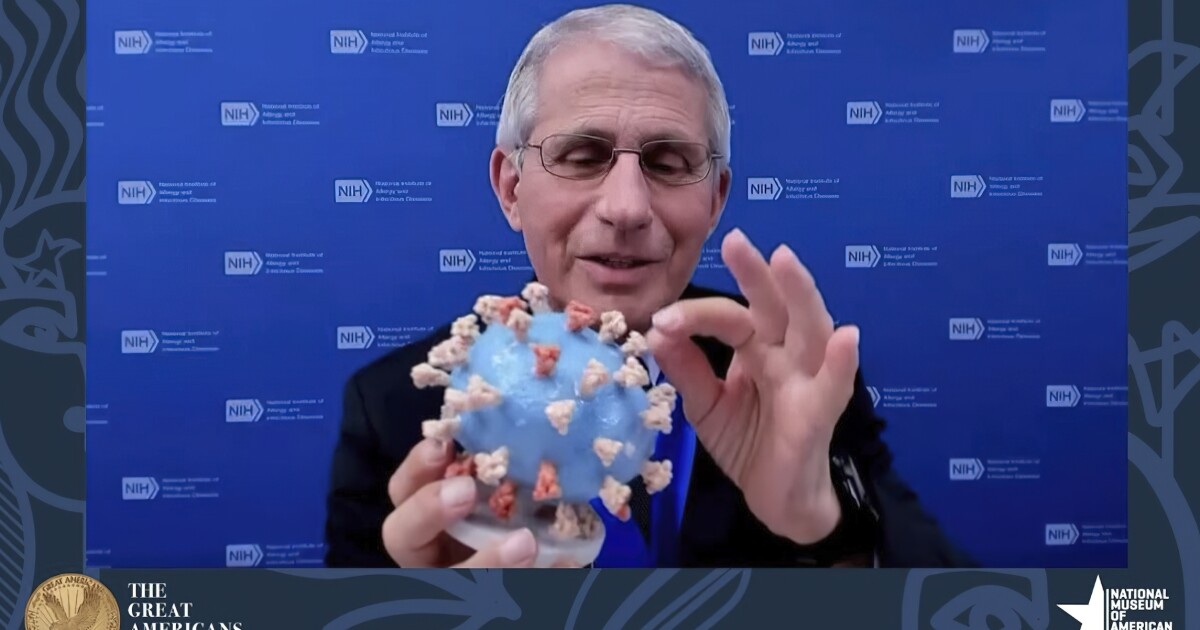

The Biden administration is facing yet another battle with Republicans in Congress over COVID-19 — this time with the GOP flexing its new House majority to step up investigations of how the virus started and how it was handled.
House Republicans on Monday launched the select subcommittee on the coronavirus pandemic, which its leaders pledge will investigate the origins of COVID-19 and “other aspects of the pandemic.” While there is a partisan divide over the origins debate and the extent to which the government underreacted or overreacted to it, the committee’s leaders pledge it will be focused on issues rather than politics.
BIDEN ADMINISTRATION EXTENDS COVID-19 PUBLIC HEALTH EMERGENCY THROUGH APRIL
“This isn’t about Joe Biden or Donald Trump. This is about COVID-19,” Rep. James Comer (R-KY) told the Washington Post. He later added, “We’re concerned about some government employees, and these employees were hired long before the previous two presidents. So I don’t think it’s political at all.”
The perception of political motives will be hard to shake, though, with the virus leading to fierce debates over the last three years.
Partisan battles were waged across 2020, 2021, and 2022 over such issues as mask and vaccine mandates, school closures, and whether the virus emerged via an accidental Chinese lab leak or an animal in a nearby Wuhan market.
While most mandates are long gone, the origins issue has never been resolved.
Republicans promised on the midterm campaign trail to investigate the Biden administration and the president’s former chief medical adviser, Dr. Anthony Fauci, if they took over the House.
The White House has oscillated between avoiding the topic and saying the president agrees China should be more forthcoming. Administration officials rarely mention the issue unless asked about it directly.
Fauci last appeared in the West Wing’s Brady Press Briefing Room in November. Several reporters attempted to ask about the origins of COVID-19 but were rebuffed by press secretary Karine Jean-Pierre, who said they were being “disrespectful” because they had not been called on. Fauci stepped down from his government positions in December but has vowed to cooperate with congressional inquiries.
But also in December, Jean-Pierre blamed China’s lack of cooperation for the origins mystery.
“We do not know the origins, as you know, of COVID because China’s lack of transparency,” she said. “As I’ve said before, this is something we, including the president, have pressed China on repeatedly. [The National Institutes of Health] has exhaustively communicated the oversight of its scientific work and its purpose to ensure pandemic preparedness.”
The House committee will operate according to a new rules package and will go into other areas, including the $5 trillion in federal aid that was approved in the name of COVID-19.
“There’s a lot of confusion out there, there’s a lot of uncertainty out there, and I believe every American regardless of their political ideology would like to know the truth,” Comer told the Washington Post.
A previous international investigation concluded in March 2021 that the virus spread from animals to humans, but that report has been called into question over the role of Chinese researchers.
A November 2021 intelligence report from the U.S. government found that the FBI concluded with “moderate confidence” the pandemic began with a laboratory accident.
Scientists have also hotly debated the origins issue, with some saying it at least merits further study.
“In the wake of any disaster — a train derailment, a plane crash, a rocket explosion, a reactor meltdown, a terror attack, or a war — the causes of the disaster are investigated, and the findings are used to inform policy changes to reduce the risks and the impacts of future disasters,” said Dr. Richard Ebright, a professor of chemical biology at Rutgers University. “In the wake of the COVID-19 disaster, the greatest disaster the world has faced since World War II, an investigation of the causes of the disaster and policy changes to reduce the risk and impact of similar future disasters are urgently needed.”
CLICK HERE TO READ MORE FROM THE WASHINGTON EXAMINER
Likewise, University of California-Irvine public health professor Andrew Noymer indicated his support for the inquiry.
“I’m highly optimistic that the committee can uncover relevant facts, starting with its subpoena power and potentially by examining documents that we already know exist from [Freedom of Information Act] requests,” he said. “Unfortunately, in many cases, the FOIA documents were released with heavy redaction that appears to have dubious justification. Whether these relevant facts will settle the debate remains to be seen.”







